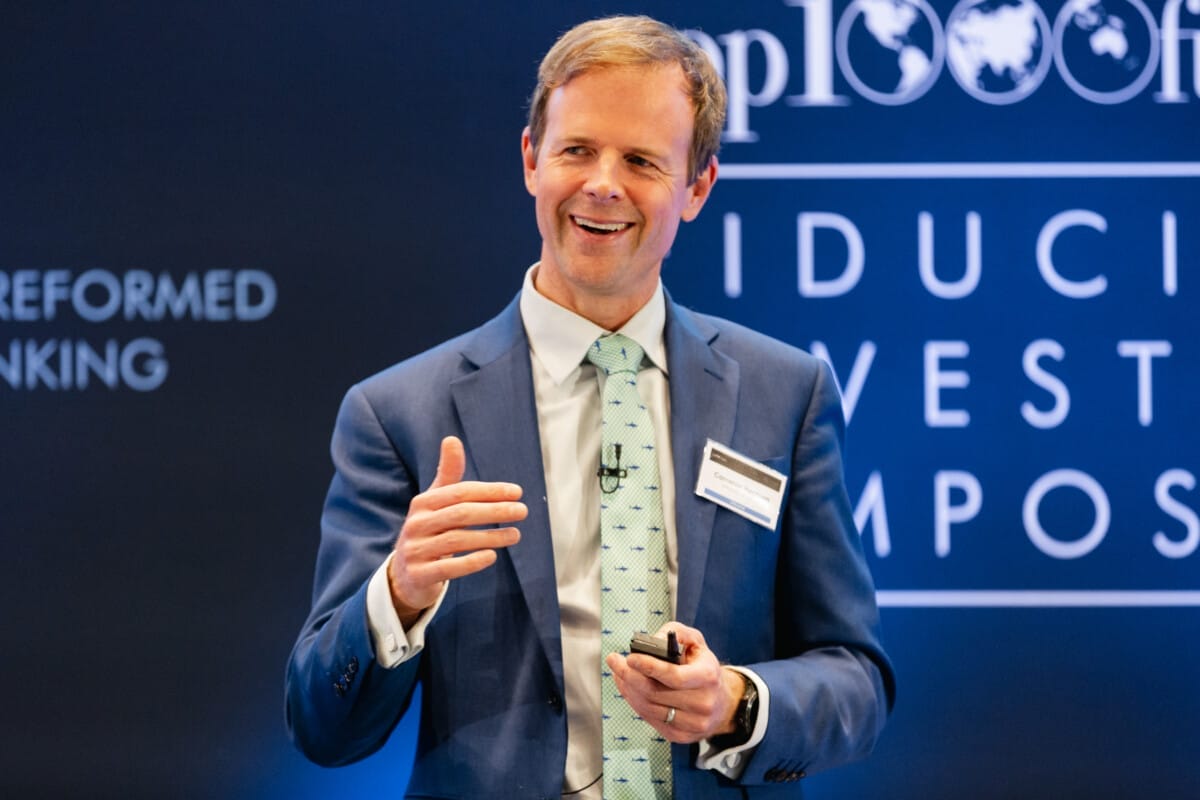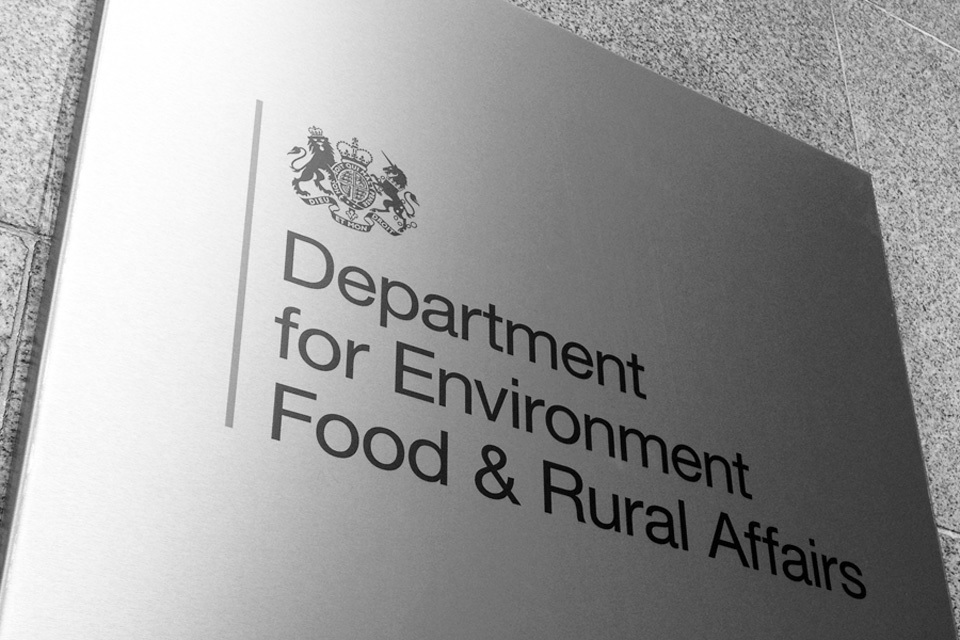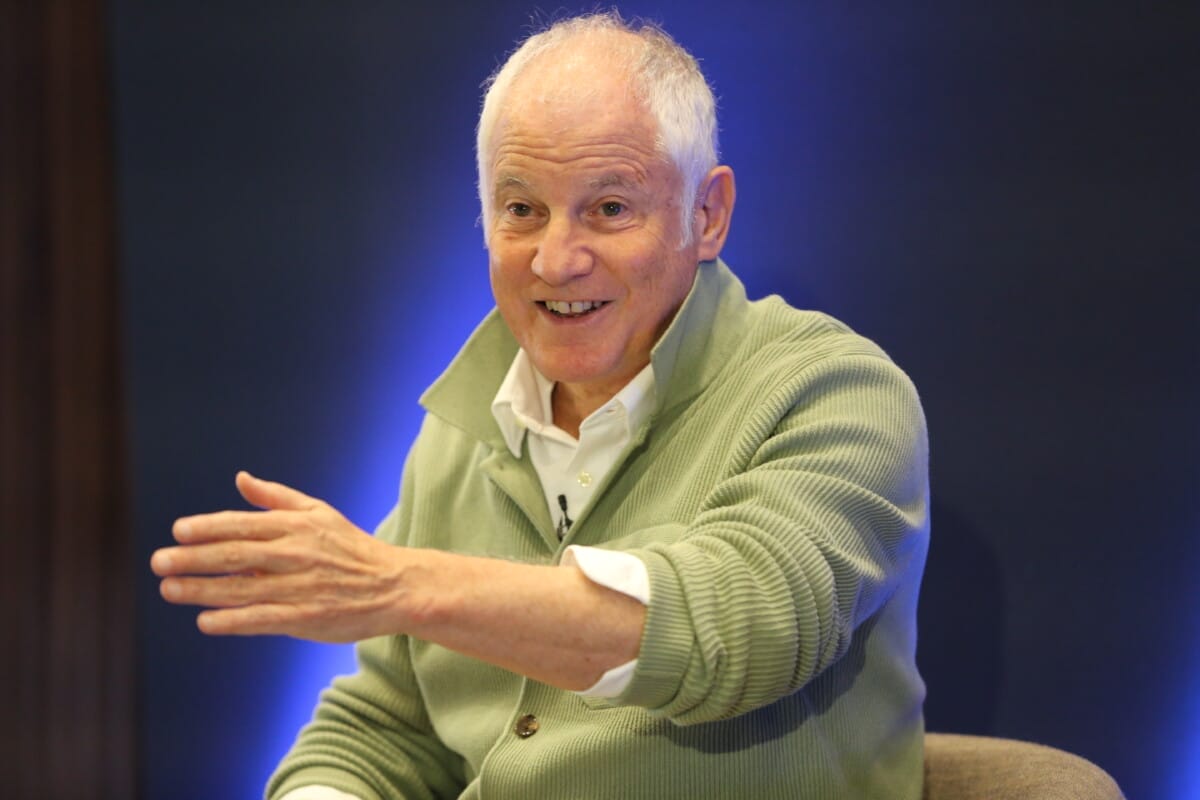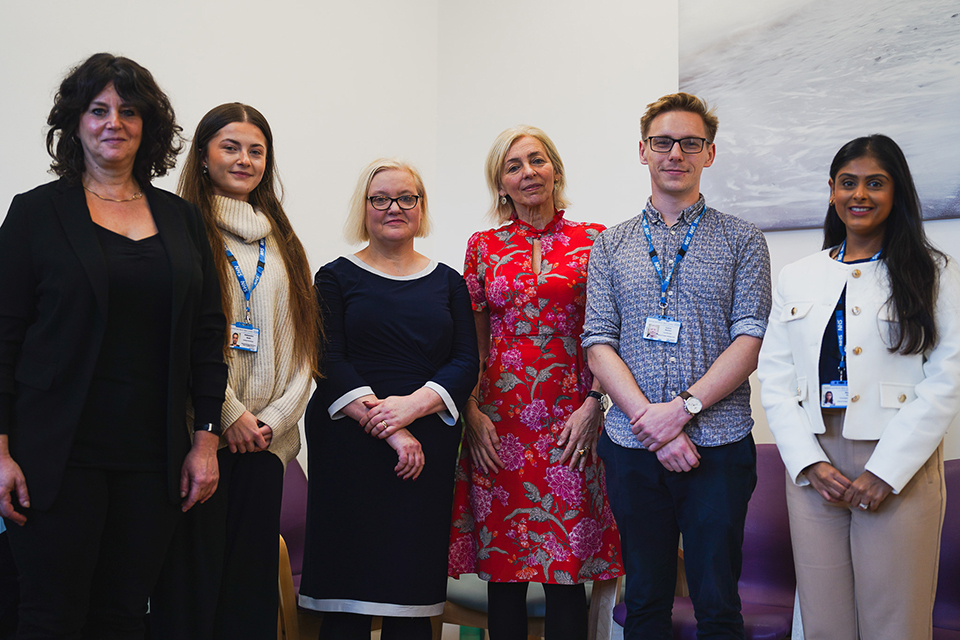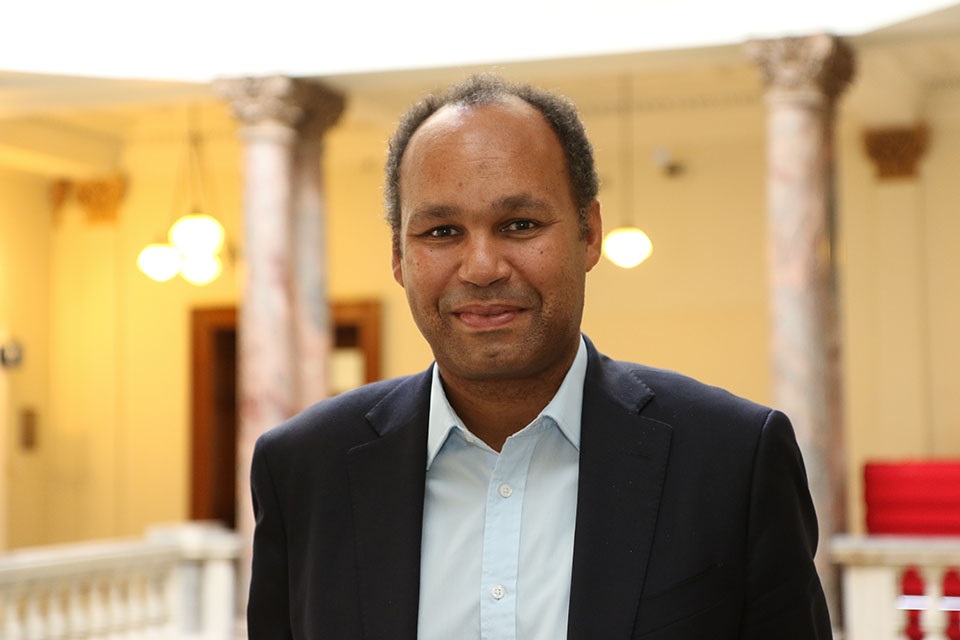Defra and the Devolved Governments have appointed Professor Hayley Fowler, Professor Chris Evans and Dr Marina Romanello to the Adaptation Committee of the Climate Change Committee.
The Adaptation Committee is comprised of experts in the fields of climate change impacts, science, environmental economics, conservation, public health and business, and provides independent, expert advice on preparing for and adapting to climate change to UK and devolved governments and parliaments.
Professor Evans and Dr Romanello’s appointments will run from 1st November 2024 to 31st October 2027. Professor Fowler’s appointment will run from 1 February 2025 to 31 January 2028.
The appointments have been made in line with the guidance set out in the Ministerial Governance Code for Public Appointments.
Professor Fowler said
I am delighted and honoured to be joining the Adaptation Committee as an expert in infrastructure, following my previous two colleagues from Newcastle University, Professor Jim Hall and Professor Richard Dawson. The impacts from climate change are worsening every year and the risks are growing. The need for adaptation has never been greater, yet action is lagging behind this need.
This is a crucial time for adaptation, as we invest huge sums in Net Zero, and while increasingly frequent extreme weather events, and particularly flooding, are causing serious infrastructure failures across Europe and worldwide. This rapid rise in extreme weather means we must reach Net Zero as soon as possible. We have the opportunity to use this investment to improve our ageing infrastructure systems to increase societal resilience to extreme weather, and to provide multiple other benefits around nature recovery. I am looking forward to working with the Adaptation Committee, the UK Government, the Devolved Governments and the private sector to help make this happen and to close the adaptation gap.
Professor Evans said
I am delighted to have been given the opportunity to contribute to the work of the Adaptation Committee in relation to farming and the wider land sector. As a small island nation that does not produce enough food to supply its large and growing population, we are acutely vulnerable to a changing climate, both in the UK and globally. We need a resilient modern farming system that co-exists with nature, conserves our soils and carbon stores, protects our rivers, and supports our economy, all in a fast-changing world.
Farmers are remarkably innovative and adaptable but find themselves on the front line of climate change; they need support to deal with the weather extremes that we are already experiencing, and security to plan for the future. I am very much looking forward to working with the rest of the Adaptation Committee, the farming sector and beyond to seek solutions to these complex challenges.
Dr Romanello said
I am delighted to join the Adaptation Committee at a time in which climate change is increasingly threatening the health and wellbeing of people across the UK. Extreme heat and weather events are increasingly putting lives and healthcare systems at risk; the climate is increasingly suitable for dangerous infectious diseases; the quality of our food and water is at risk; and climate change impacts are affecting people’s livelihoods.
Alongside reducing emissions to limit climate change-related hazards, efforts to protect our vulnerable populations must therefore urgently accelerate. I look forward to working with my new colleagues at the Adaptation Committee to guide progress on adaptation efforts that save lives and protect people’s health as the most fundamental value of a thriving UK.
Biographical details
Professor Hayley Fowler
Hayley is Professor of Climate Change Impacts in the School of Engineering at Newcastle University. Her research focuses on improved physical understanding of changing precipitation extremes and providing better projections for climate adaptation. She has pioneered new techniques to bridge the gap between climate modellers and users of climate scenarios. Hayley completed a BA in Geography at Cambridge University (1996) before moving to Newcastle University for an MSc in Water Resource Systems Engineering (1997) and PhD in climate change impacts on water resources (2000). She is a Fellow of the American Geophysical Union (2018) and was a Royal Society Wolfson Research Fellow (2014-19) for her work on understanding climate change impacts on hydrological systems, extreme rainfall and flooding, following a Philip Leverhulme Prize (2011) and NERC Postdoctoral Fellowship (2006-10).
Professor Chris Evans
Chris is a biogeochemist with 30 years of research experience in upland and peatland biogeochemistry, soil and water carbon and nitrogen cycling, greenhouse gases and water quality, process modelling, long-term and large-scale data analysis. He is an Honorary Professor at Bangor University and was the King’s Guest Professor in Environmental Sciences and subsequently a Visiting Professor at the Swedish Agricultural University from 2015 to 2023. He was awarded an MBE for services to ecosystem science in the Queen’s birthday honours, 2020.
Dr Marina Romanello
Marina is the Executive Director of the Lancet Countdown Tracking Progress on Health and Climate Change, an independent and multi-disciplinary research collaboration of almost 100 academic centres around the world and headquartered at University College London’s Institute for Global Health. Marina led a team of researchers in developing England’s National Health Service’s Net Zero commitments, and is a member of numerous advisory boards for projects focusing on health and climate change. Trained as a clinical biochemist in the University of Buenos Aires, Marina holds a PhD in biomedical sciences from the University of Cambridge. Her research background spans from toxicology through to environmental health and climate change, and she has previously carried out her research in the Instituto Tecnologico de Buenos Aires, the University of Cambridge, and the Francis Crick Institute.
Further information
-
The Adaptation Committee of the Committee on Climate Change is an advisory Non-Departmental Public Body created under the Climate Change Act (2008). The Adaptation Committee is jointly sponsored by the Department for Environment, Food and Rural Affairs (Defra), the Northern Ireland Executive, the Scottish Government and the Welsh Government. Further information about the CCC is available at www.theccc.org.uk.
-
The Board for the Adaptation Committee comprises a chairperson and six members.
